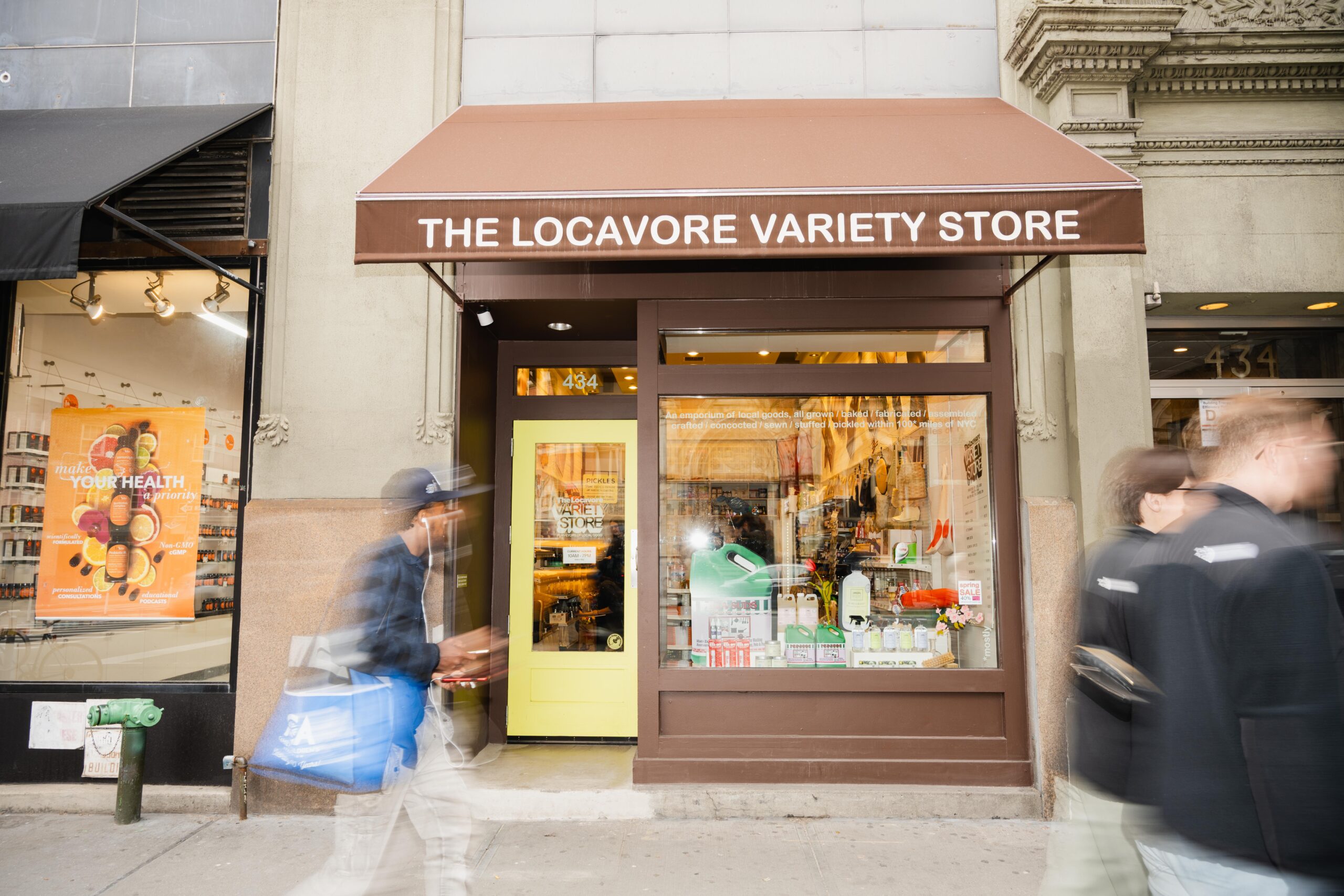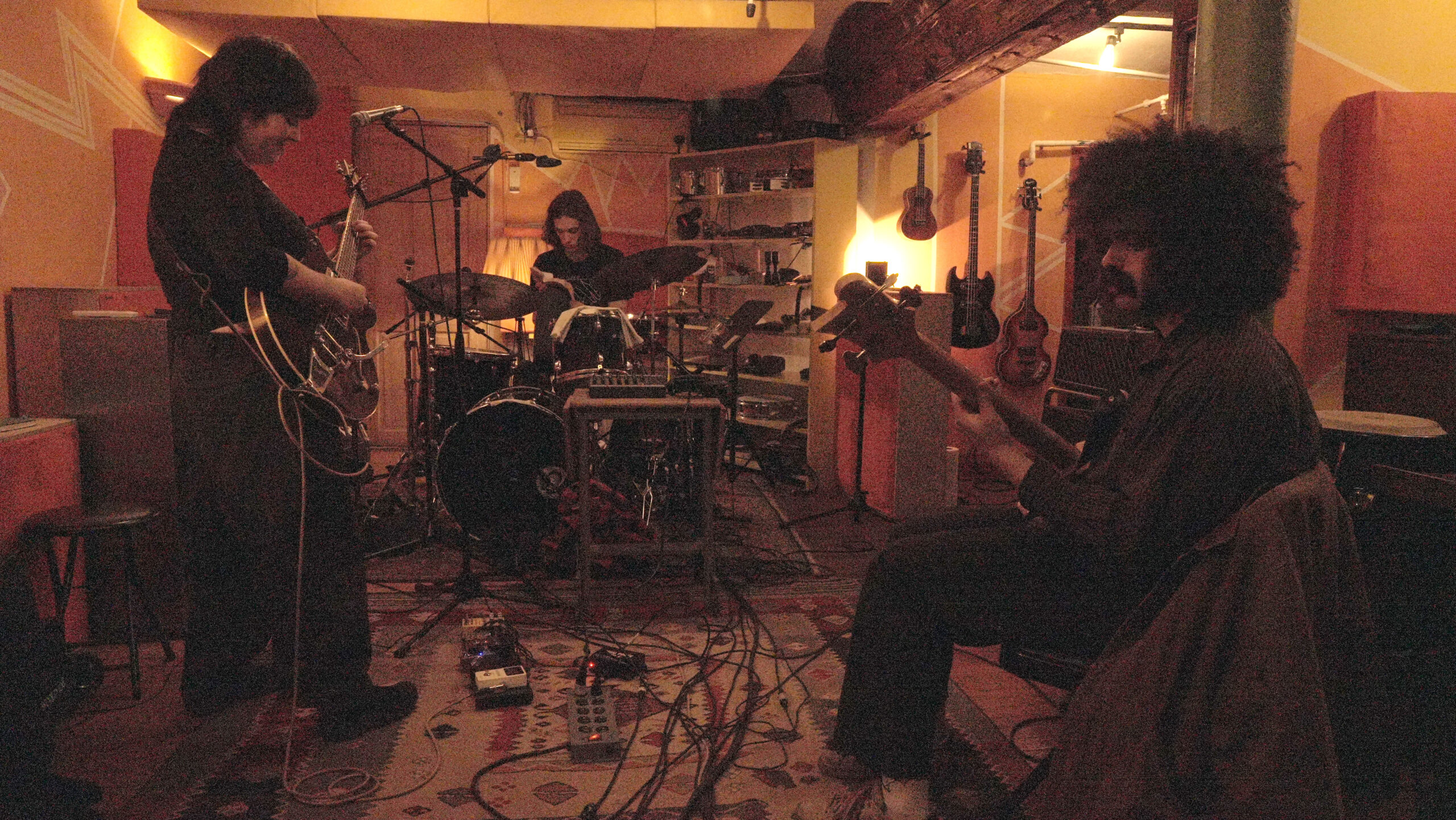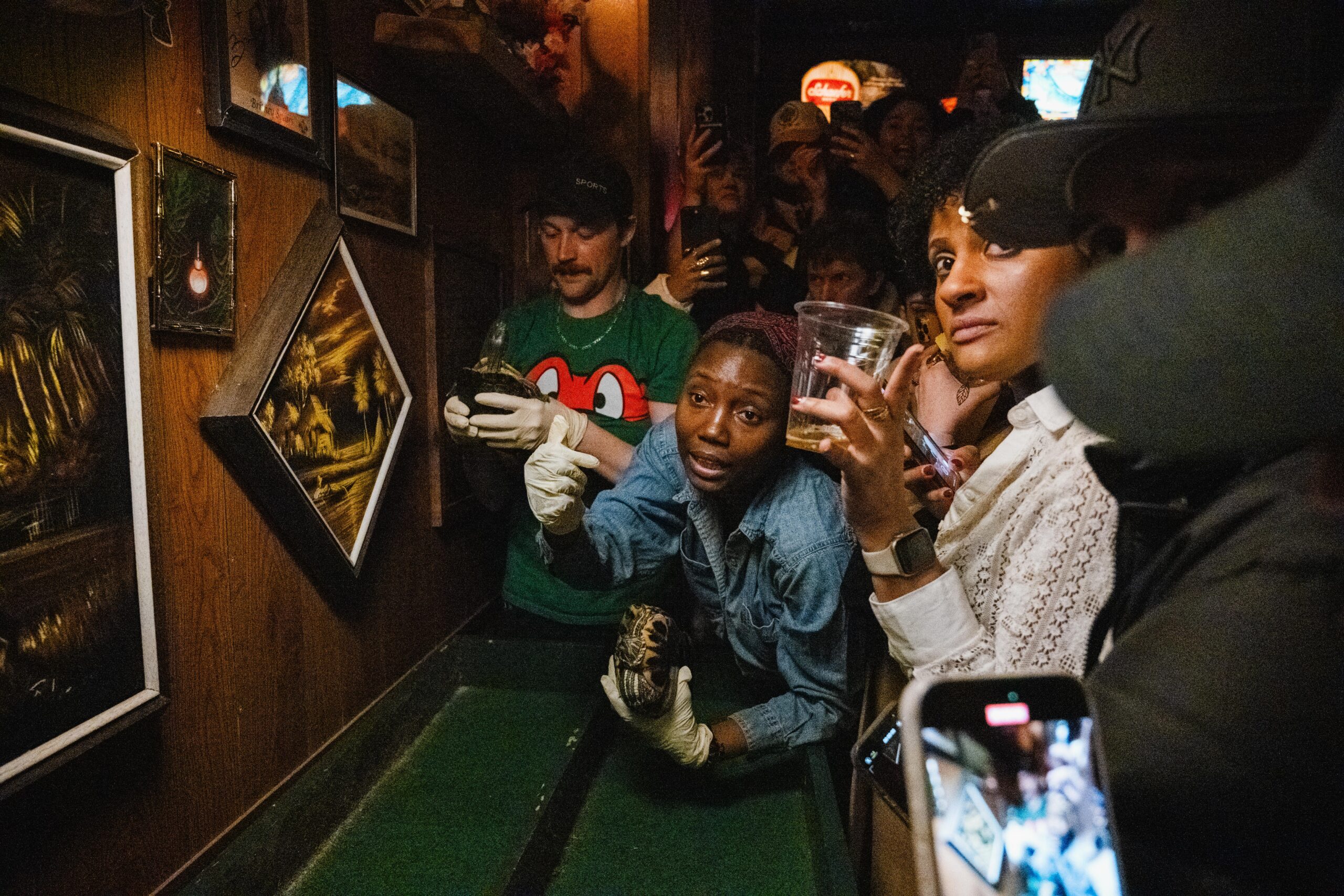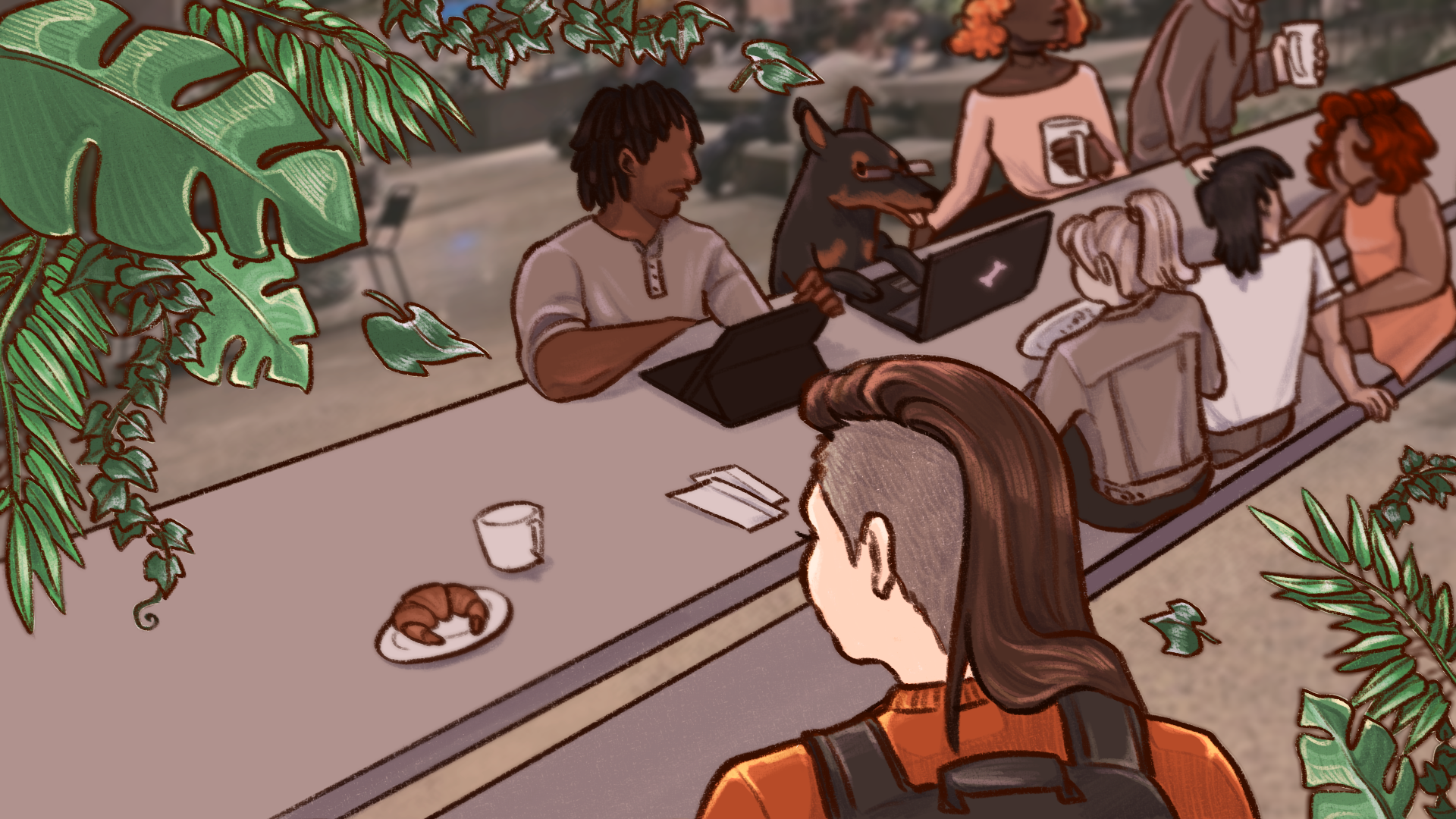Graduation, the word, originally comes from the Latin noun, “gradus,” a step. But today’s convention comes from the early 15th-century English use in alchemy — the practice of transforming a base metal, like iron, into gold.
Graduation was “a tempering, a refining of something to a certain degree.” Today’s graduates are meant to be tempered, refined, and, especially, changed; the receipt of a diploma signifies this.
I’ve been thinking about this a lot lately. I’m graduating in May, after six years.
After a quick stint at a college in Vermont, a year off, two and a half years at The New School, one semester at Columbia, and then two more semesters back at The New School, I’m going to walk onto a stage wearing a cap and a gown (a practice meant to hark back to Colonial America, when there were nine colleges in what is now the United States — seven of the Ivys plus William & Mary and Rutgers — where students were required to wear the “academic habit,” a precursor of our graduation costumes today).
Inevitably, I’ll shake someone’s hand (David Van Zandt’s?), and be given a piece of paper that isn’t my real diploma — they’ll send that to me in the mail sometime in July. And then, when I walk off stage, I will be considered officially tempered, refined, polished.
I was base metal, now I am gold.
At least that’s what I’d like to believe. I’d like to believe that now, at age 23, I’ve grown, learned, matured, in the time since I was an eighteen-year-old freshman at Bennington. And I have, that’s an undeniable fact. I was an arrogant pissant: over-confident, underachieving, combative. I’m still all of those things, but at least I’m self-aware enough to recognize it.
I thought, originally, that the tone of this piece would be “triumphant.” College, for me, has been an odyssey and a slog. It has taken me all over, both geographically and in thought, and I’ve been blown off course more times than I can count. I could never keep Aeolus’s bag closed. I thought that the weeks and months leading to graduation would be joyful, exultant even. Yet here I am, more misanthropic than ever.
I’m scared. I feel like Van Wilder, the character from the “National Lampoon” movie of the same name: too comfortable in the school ecosystem, too afraid to embrace what’s next. The difference is that Van gets his shit together at the end of the movie. He, after seven years of college, is ready to be an adult. That’s the whole point of the film. But standing on the cliff of real life, I don’t feel ready. Every day I’m confronted with the fact that the world I’ve known for the past six years is ending. The sky is falling — that’s why graduation caps have those silly brims, to protect us from the debris. And I have no idea what comes next.
David Foster Wallace, in “This Is Water”, an essay born of a commencement speech he gave at Kenyon University in 2005, wrote that the “liberal-arts cliché about ‘teaching you how to think’ is actually shorthand for a much deeper, more serious idea: ‘Learning how to think’.” It’s about recognizing the hows and whys of your own, personal thought process, and choosing “what you pay attention to” and “how you construct meaning from experience.” It’s about learning how to navigate a world with all too many stimuli, a world that feels stacked against you.
Van Wilder learns the lesson at Coolidge College. By the end of the movie, he says that “if you’re always thinking about the future, then you kinda forget about the present.” Not quite as eloquent as DFW, but the idea is sound. I’m jealous of this type of clear, level-headed thinking.
I’m older now, obviously. Wiser, too. But I’m stuck in an over-analytical mode, one in which I can’t look away from the future-present. I get lost in my own head, arguing with myself in that same affected, holier-than-thou tone I’ve taken in countless Lang seminars, instead of just paying attention to what’s happening directly in front of me.
Does that fact that I can recognize this in myself mean I’m ready to graduate? Does it mean I’ve been tempered, refined? Because I don’t feel ready. I don’t feel like gold.







